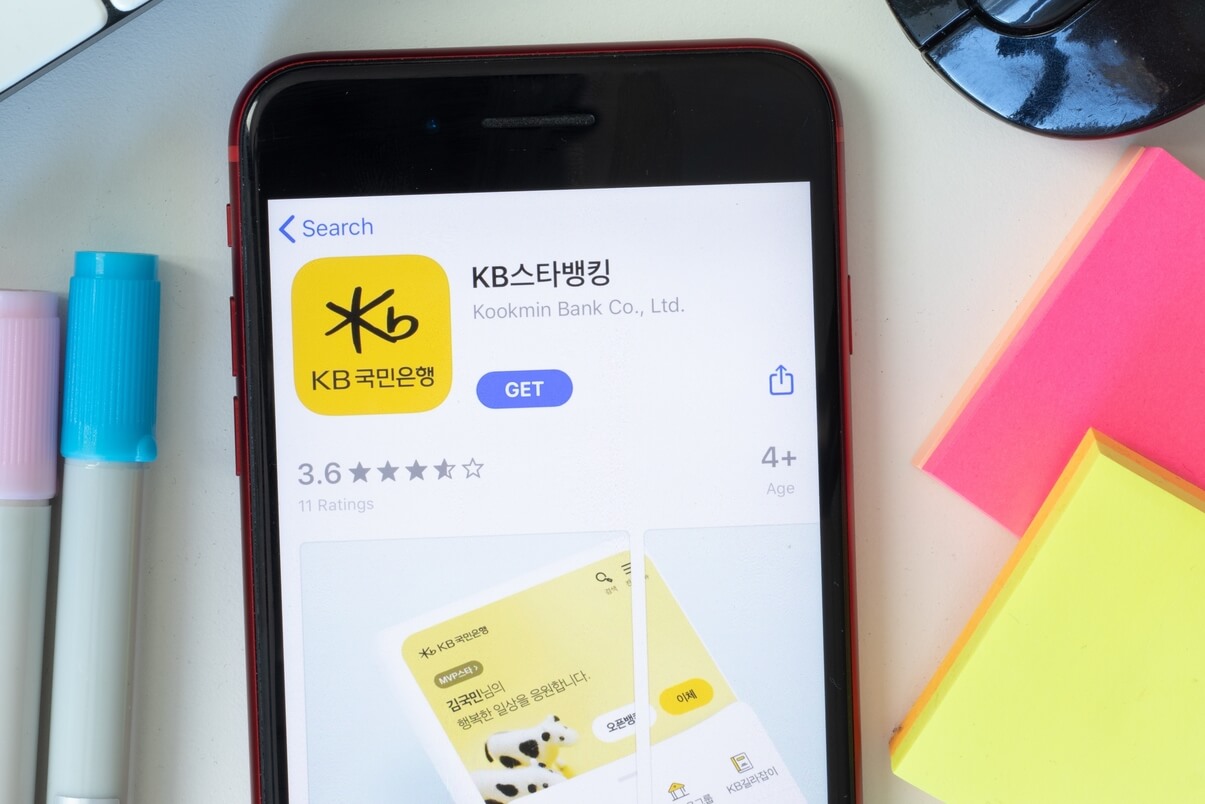[ad_1]

The South Korean banking giant Kookmin Bank (KB) says it has developed new multi-coin wallets that are capable of storing non-fungible tokens (NFT) and various tokens including central bank-issued coins.
Per Fn News, KB has developed solutions using the Klaytn blockchain protocol, which was developed by the internet powerhouse and chat app operator Kakao.
The decision to use Klaytn is not insignificant in this instance – Kakao and other firms are currently working on a central bank digital currency (CBDC) pilot in conjunction with the central Bank of Korea. The pilot is making use of the Klaytn protocol.
KB said that its “multi-asset digital wallet” had successfully completed testing – and would likely first be put to the test as part of the pilot, which is due to wrap up next year.
The bank said that the wallet would “enable charging [account top-ups], remittance and payment” services for “various digital assets,” such as “cryptoassets, local government-issued [stablecoins] and NFTs.”
It claimed that the development had made use of KB’s “own technology,” and would “secure” its “competitiveness” in the sector by “securing core technologies” in the “digital asset” industry.
A KB official was quoted as stating:
“We plan to actively participate in the CBDC [pilot] testing run for the Bank of Korea next year. We plan to gradually upgrade [the wallet] by adding more functionality in the future.”
KB and its major domestic rivals have indicated that they see crypto – or to be more specific, crypto custody – as a possible growth engine. The firm just over a year ago co-launched a joint-venture crypto custody firm named Korea Digital Asset (KODA). At the time, the bank spelled out plans to create a business-to-business-focused “digital assets bank” for crypto. KODA initially was only compatible with bitcoin (BTC), but the firm said it wanted to add ethereum (ETH) handling capacities at a future date.
Commercial banks around the world have been keen to carve out a niche for themselves in the event that central banks do indeed issue CBDCs – with custody and distribution earmarked as possible avenues.
Private sector institutions worry that without innovation of this sort, central banks could effectively limit their functions to mere lending, mortgages, and borrowing services.
____
Learn more:
– Chinese Banks ‘Educate’ the Public on the Pitfalls of Crypto
– More Banking Giants Eye Crypto
– Another Major Bank to Begin Offering Bitcoin, Ether & Altcoin Services
– Four Steps Banks Need To Take To Prepare For Crypto, CBDC Disruption
– Check These Four Banks and Their Moves Into Bitcoin & Crypto Custody
– With Banks Turning to Bitcoin, Is It Finally Time to Long the Bankers?
[ad_2]
cryptonews.com




